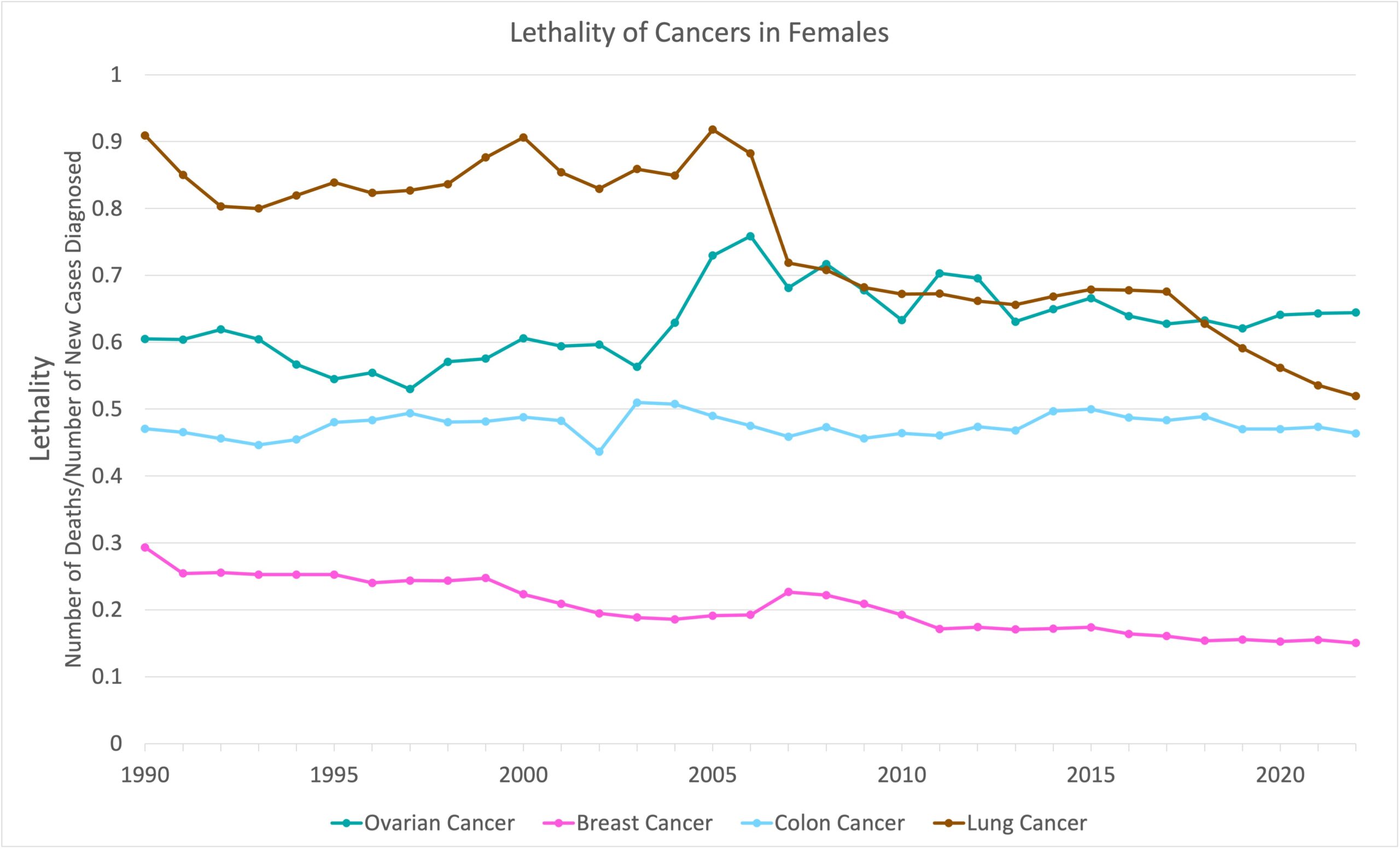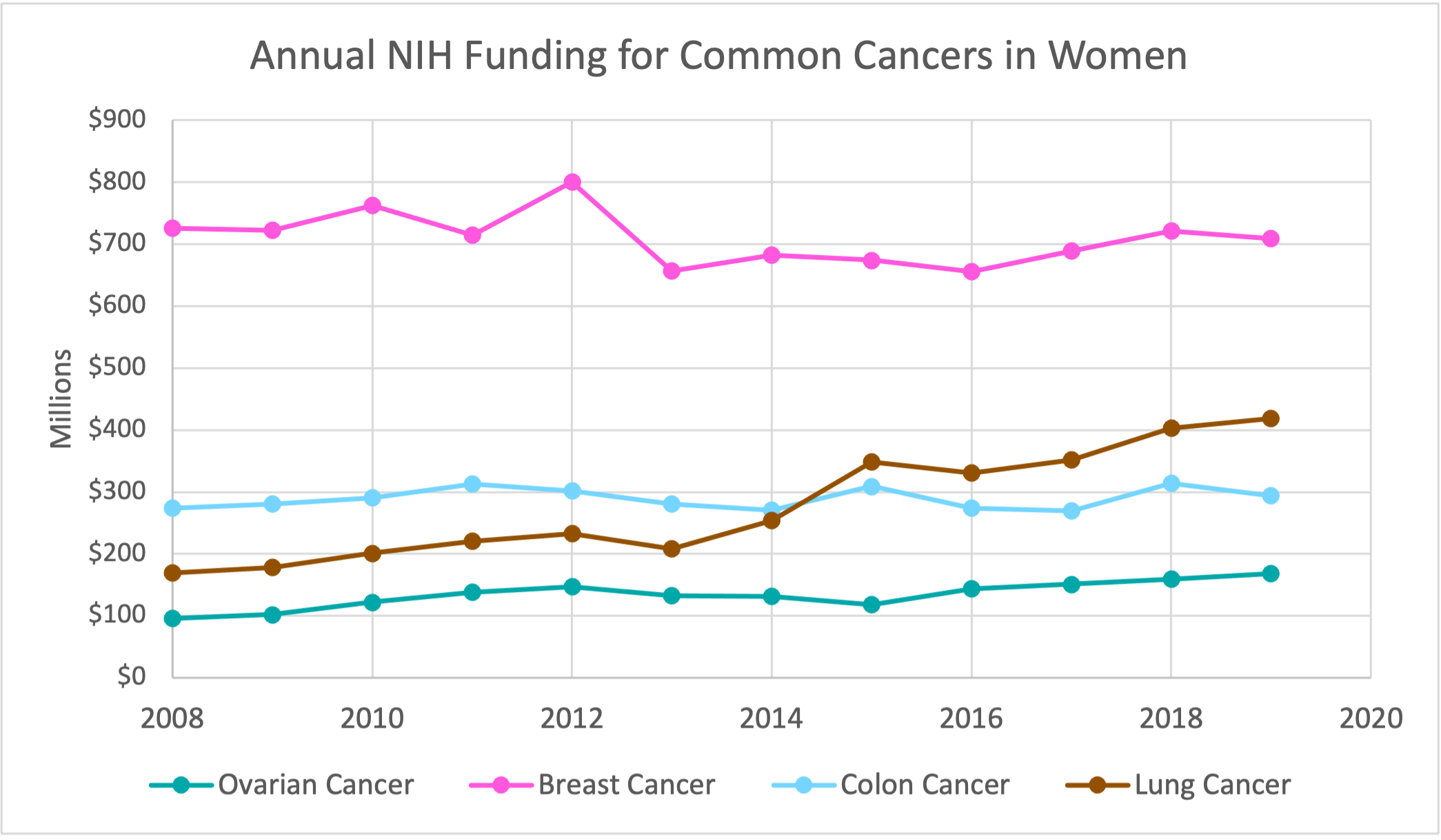powering research
We're POWERING the future of ovarian cancer research
The mission of the Powell-Drescher Ovarian Cancer Research Foundation is to power the future of ovarian cancer research by endowing funds and championing collaboration between scientist and survivor.
The POWER Foundation Pilot Grant Award
We are pleased to announce our first Pilot Grant Award to encourage preliminary research projects in all areas of ovarian cancer research including, but not limited to, cancer biology, genetics, early detection and prevention, treatment, cancer care delivery, and public health sciences. New concepts, novel approaches, and/or projects that extend previous discoveries and have potential to develop into larger projects are encouraged.
To be considered responsive, the research team must include an ovarian cancer advocate, defined as an ovarian cancer patient, survivor, family member, caregiver, previvor, or other person touched by ovarian cancer. Applications must specifically address how a) research will impact ovarian cancer patients/survivors and b) an advocate will be involved in the project. Advocate involvement does not have to be at every stop of the project, but it is encouraged, and advocate involvement in the research must be a component of the application.
Project costs are not to exceed $75,000 direct costs budgeted over no more than two years duration. Institutional overhead and indirect cost rates are limited to 10%.
Letters of Intent were due June 15, 2024, and full proposals are due September 15, 2024. We look forward to announcing our grantee in November 2024!
Ovarian cancer mortality has not changed significantly in the last 3 decades:
Compared to other cancers, ovarian cancer research is severely underfunded:


The Powell-Drescher Foundation will power the future of ovarian cancer research to change these statistics. Here's how:
We will award grants to fund compelling ovarian cancer research, while continuing to build an endowment that funds research into the future. Successful grant applications will include an explanation of how the research will directly, or have the potential to directly, touch the patient/survivor, and involve an advocate(s)* as an integral part of the research team. We anticipate releasing our first request for application (RFA) in the first half of 2024. Check back here for additional information as it becomes available.
We will provide resources to both mentor advocates* on their role in research and to educate scientists on survivor advocacy. As a first step, we will fund an advocate’s attendance at a major ovarian cancer research symposium in 2023, thereby providing an opportunity for the advocate to meet scientists and promote collaboration with them, as well as to learn more about the current state of research to bring back to the ovarian cancer community. You can learn more, and apply, here:
* Advocates are defined as ovarian cancer patients, survivors, family members, caregivers, previvors, and other persons touched by ovarian cancer.
How Advocates Can Support Your Research:
- Convey patient experiences with researchers.
- Communicate the patient decision-making process with researchers.
- Help formulate research questions/aims and identify patient concerns early in the development of a research plan.
- Participate in a research team’s update/planning meetings to provide a patient perspective.
- Facilitate the design of patient-centric clinical trials that include patient-reported outcomes.
- Offer guidance regarding how to accrue and retain patients in trials.
- Provide feedback to researchers to reduce barriers to patient participation, expand eligibility criteria, and develop patient-friendly protocols.
- Review lay abstract language in research proposals to assure terminology is understandable to a non-expert audience.
- Review and provide guidance on the language used in Informed Consent forms, questionnaires and other patient-facing documents.
- Translate scientific research terminology to communicate the research goals and ensure alignment with patient priorities.
- Provide feedback on the dissemination of research findings to non-academic audiences (e.g. policymakers, administrators, community leaders, etc.)
- Participate in the peer review process to provide constructive feedback on research proposals and/or scientific publications.
- Review and provide recommendations for improvement on community and patient-facing communications.
- Connect researchers with ovarian cancer advocacy organizations.
The Foundation is committed to the values of Diversity, Equity, and Inclusion. Recipients of funds will be determined by an ad hoc committee of scientist and survivor reviewers without regard to the applicant’s race, gender, ethnicity, sexual orientation, age, or economic or educational background.
Ovarian cancer has the highest mortality rate of all gynecological cancers combined. Because there are fewer healthy survivors to help raise awareness of the disease, ovarian cancer research doesn’t get the attention it deserves.
